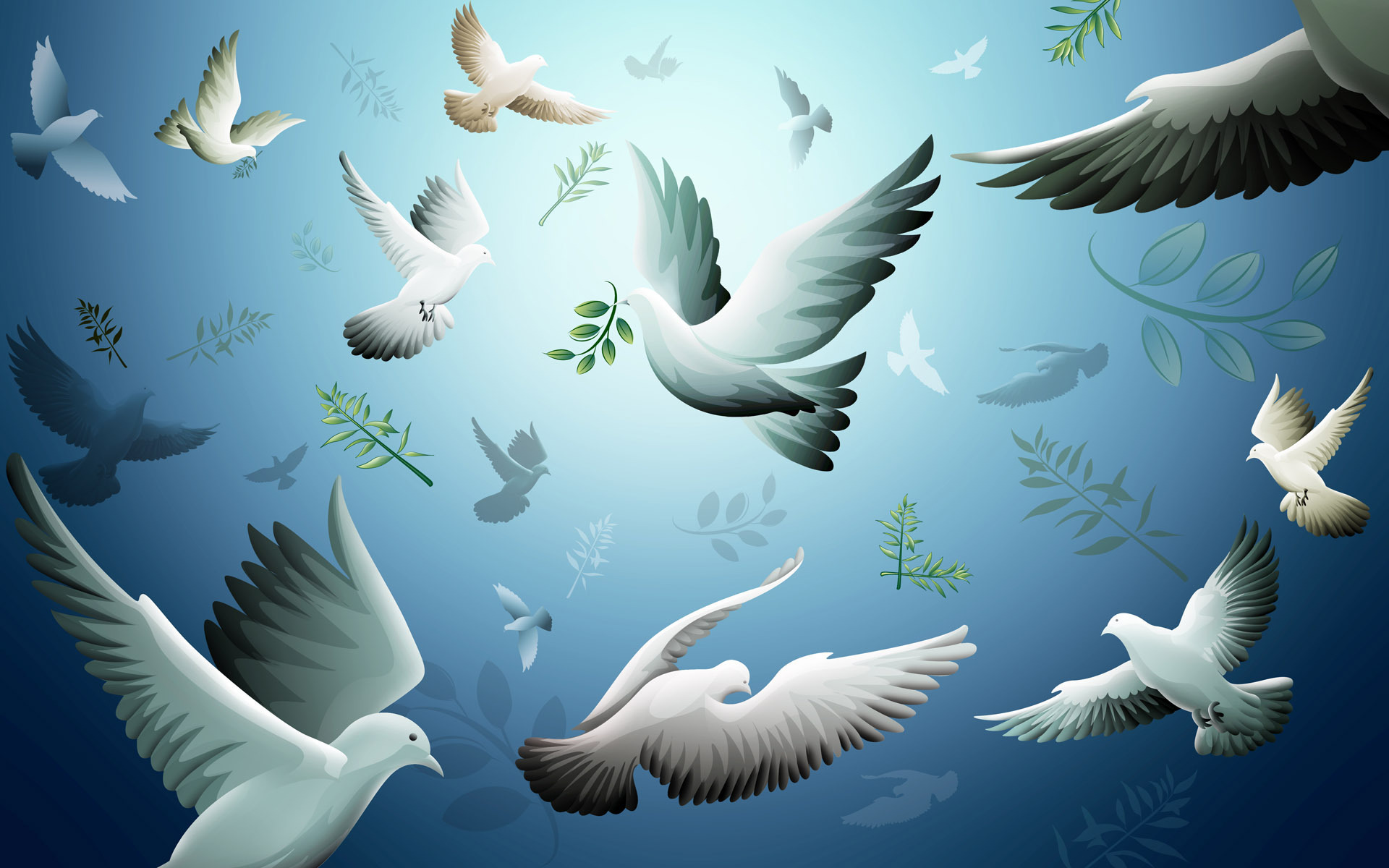There can be no perfect peace nor can any society live in a perpetually conflict-ridden state. Peace and conflict are historical relative concepts in the sense that they have acquired a given set of meanings depending upon their occurrence. Peace and conflict manifest themselves in the present day world where human being seeks security from conflicts and challenges of different kinds. We shall bring out the role played by the United Nations in fostering peace.
In the present globalisation and unipolar context, the factors leading to conflicts as well as their resolution are changing. The various issues underlying conflict management and the various steps being taken towards peace and security. It is commonly known that whenever the world is devastated by wars, international goodwill helps in putting the global order back to normalcy.
Soon after the Second World War, this responsibility was given to the UN system in general and the Security Council in particular, to undertake the global responsibility of preventing the ‘scourge’ of war and human suffering. Winston Churchill once said, “The United Nations was set up not to get us to heaven, but only to save us from hell.” The UN Charter has many noble objectives enshrined to bring about human development on a global scale.
ADVERTISEMENTS:
Specifically, Article 2 of the Charter provides that all the sovereign states should enjoy equal status in the comity of nations to treat all human beings irrespective of their citizenship as equal. But ground realities have a different story to tell.
That is why the relationship between peace and conflict has taken a downward turn with the emergence of a global unipolar hierarchy.
According to the Human Development Report (1998), the 20th century had been the most violent one in human history with the following features:
ADVERTISEMENTS:
i. Civilian casualties at the beginning of the century were 5 per cent and it rose to 90 per cent during the 1990s.
ii. Children and women have been the principal targets with children/young soldiers making a new professional category in some national armies and terrorist groupings.
iii. Never before human rage was directed against its own species on such a scale and with such dastardly consequences as it was in the 20th century. Wars have claimed less human lives than non-war situations like genocide and ill-health.
According to a Carnegie Commission Report, “some 100 million people were killed in armed conflicts in (this 20th century) and 120 million deaths have been due to political reasons involving race, religion, ethnicity, etc.”
ADVERTISEMENTS:
According to a UNICEF estimate, there are around 500 million small arms and light weapons in the world, killing two million children in the last decade of the 20th century. Worldwide analyses have shown how irresponsible purchases of arms and ammunitions from the ‘bazaars of the merchants of death’ have pushed them all (during the 1970s) into ‘international indebtedness’.
The payment was returned along with fulfilment of the attached conditions, namely, the conditionalities of the IMF and the World Bank loan packages imposing ‘Structural Adjustment Programme’. Simply put, third world countries can return their loans (mostly used for buying of arms to fight wars among themselves) by agreeing to suitably change their economies and governance pattern, for What Perry Anderson has called Americanisation of the global economy’ or the phenomenon of globalisation.
The question of Veto resting with the five Security Council’s permanent members (US, UK, France, Russia and China), all nuclear-weapon Powers, has become a major concern for escalation of conflicts. According to an expert analysis, the principal exporters of arms in the world also happen to be the leading industrialised countries.
In percentage terms a good 91 per cent of share of exports to the world’s armament market ($ 700 billion dollars in 1999) belong to the weapons- producing economies of those powerful countries of the world. They also have the official responsibility of stopping war and enjoy a veto each. Despite the civil disturbances created by the entry of arms, people always want peace.
In several ways, they have demonstrated unimaginable possibilities of minimising harm in epoch-making transitions like transfer of power in the former USSR, South Korea, the Philippines, or recently, transfer of Hong Kong from UK to China in 1997, and the dismemberment of Eastern Europe. People’s mobilisations have clearly demonstrated that it is not force, is but the human being, which is at the centre-stage.

